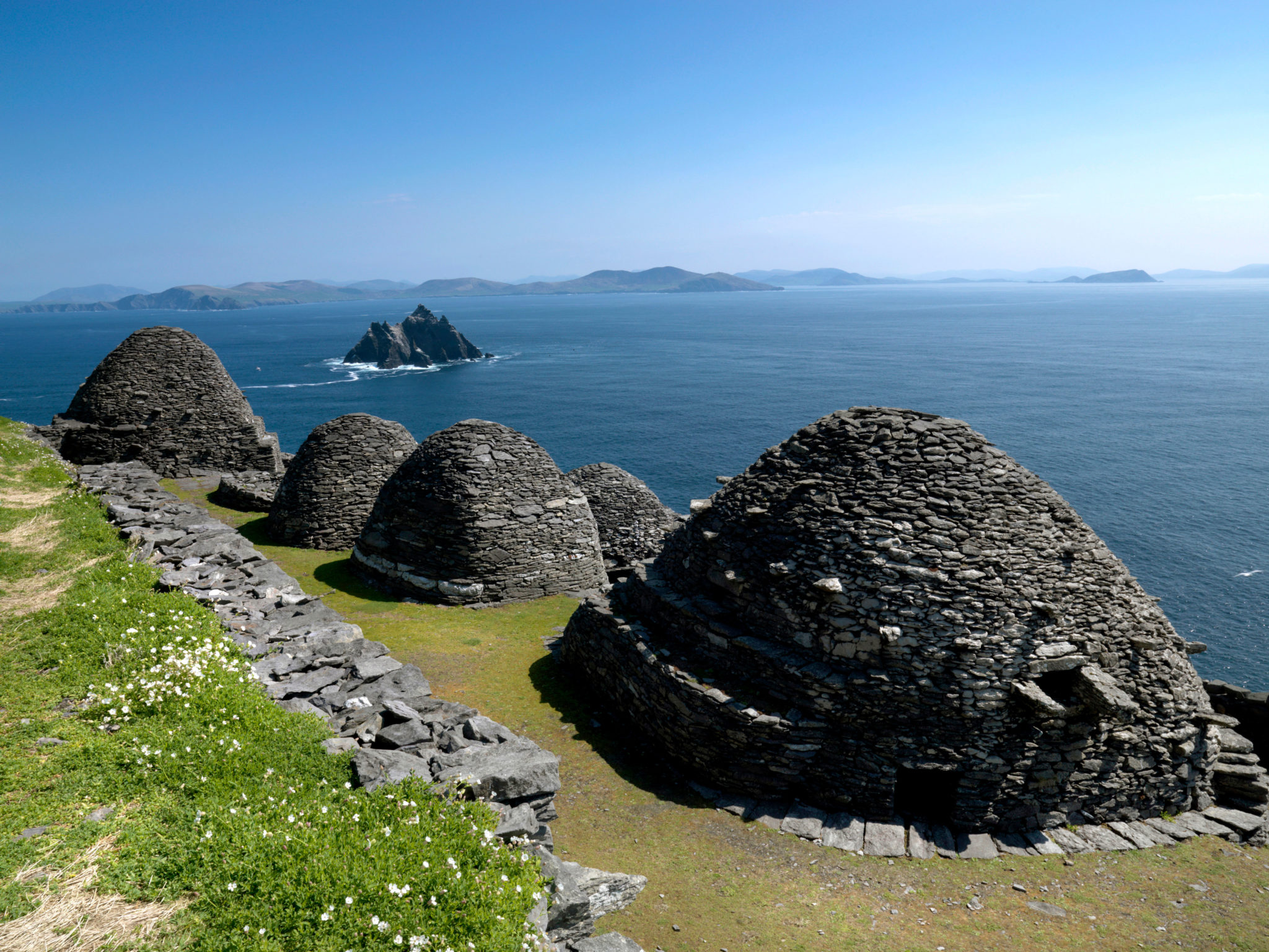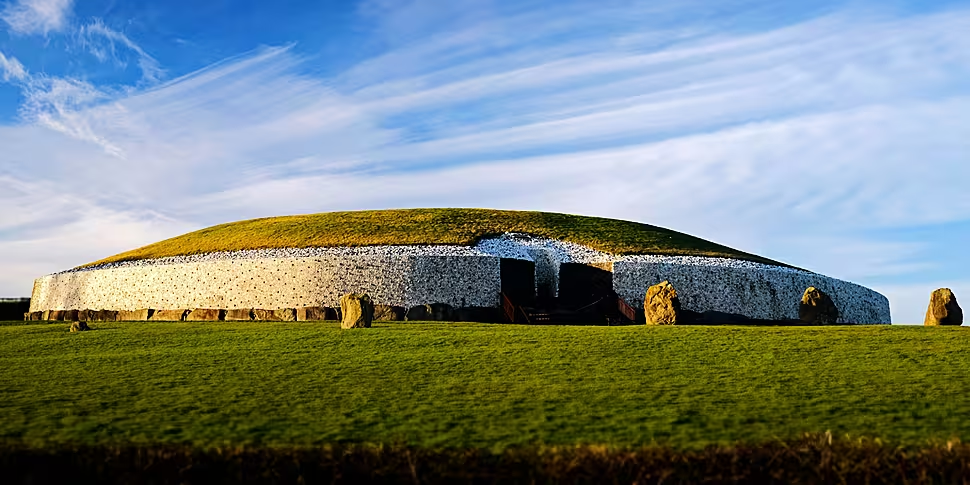There are concerns OPW staff don’t have the time or the resources to police national monuments and hand out on-the-spot €200 fines.
Under the new Historic and Archaeological Heritage Bill, anyone caught breaking rules near national monuments like Newgrange or Skellig Michael could be handed the fines.
They can be handed out for a wide range of offences – including damaging property, drinking or taking drugs on sit or for threatening or abusive behaviour.
The act is the first update to Ireland’s national monuments laws since the National Monuments Acts of 1930.
On Newstalk Breakfast this morning, sculptor John Coll said the change is long overdue – but it’s still not clear how it will work.
“We need to protect our architecture and our heritage, in general, big time,” he said.
“The old bill was drafted back in 1930 so I absolutely welcome the bill.
“But how are you going enforce this? Who is going to enforce it?
“I don’t think OPW staff will be too delighted going around trying to slap a bill of €200 on someone for peeing in an old monastery or something like that.”
 B16YE6 Skellig Michael, Co. Kerry, Ireland. Image shot 2007. Exact date unknown.
B16YE6 Skellig Michael, Co. Kerry, Ireland. Image shot 2007. Exact date unknown.Mr Coll said the legislation also includes far longer fines for people who damage monuments.
“The great thing about the bill is if you actually damage a national monument, you can be slapped with a couple of million,” he said.
“So now we’re talking when it comes to getting people to wise up, you know?”
Ignorance
The sculptor said a lot of damage to works of art and monuments is based on ignorance.
“I mean it is a lack of education as well, isn’t it?” he said.
“If people aren’t educated to see what these monuments represent, you know their historic value to us, [these things can happen].”
Publishing the bill last week, the Minister of State for Heritage Malcolm Noonan said he hoped it would be “warmly welcomed by everyone who cares about our unique and irreplaceable heritage”.
“We are so fortunate to have countless examples of priceless monuments and archaeological objects, both on land and under the seas, that are admired the world over,” he said.
“This new legislation will ensure their protection for generations to come.”
The bill has passed through its first stage in the Seanad.
You can listen back here:









